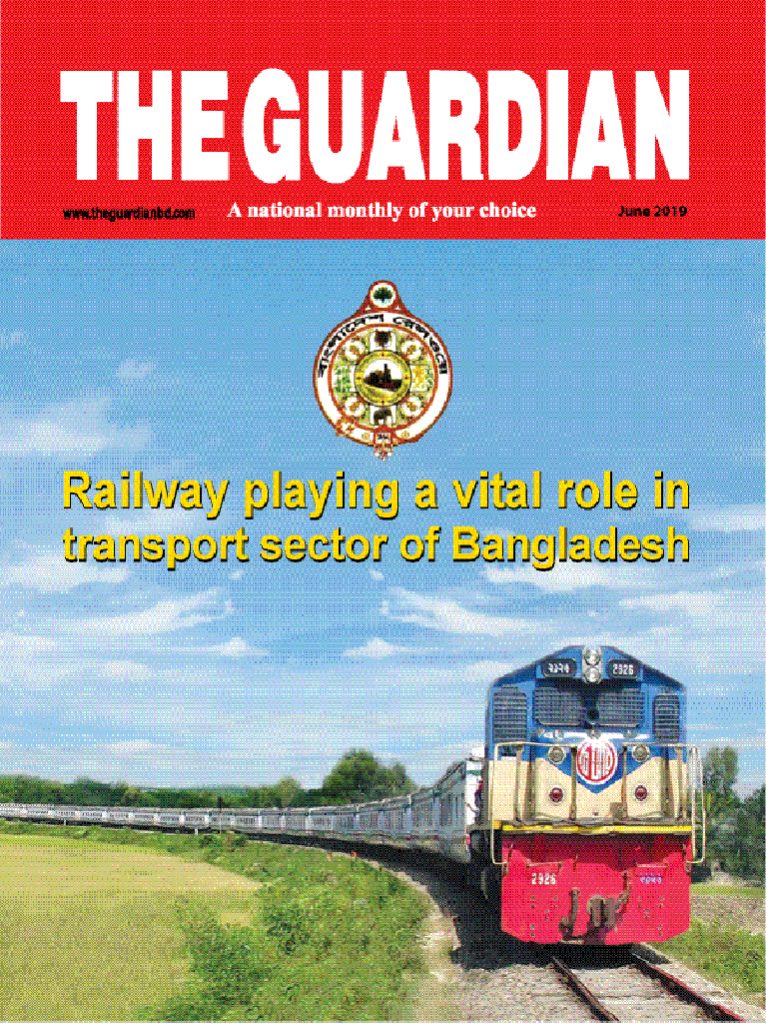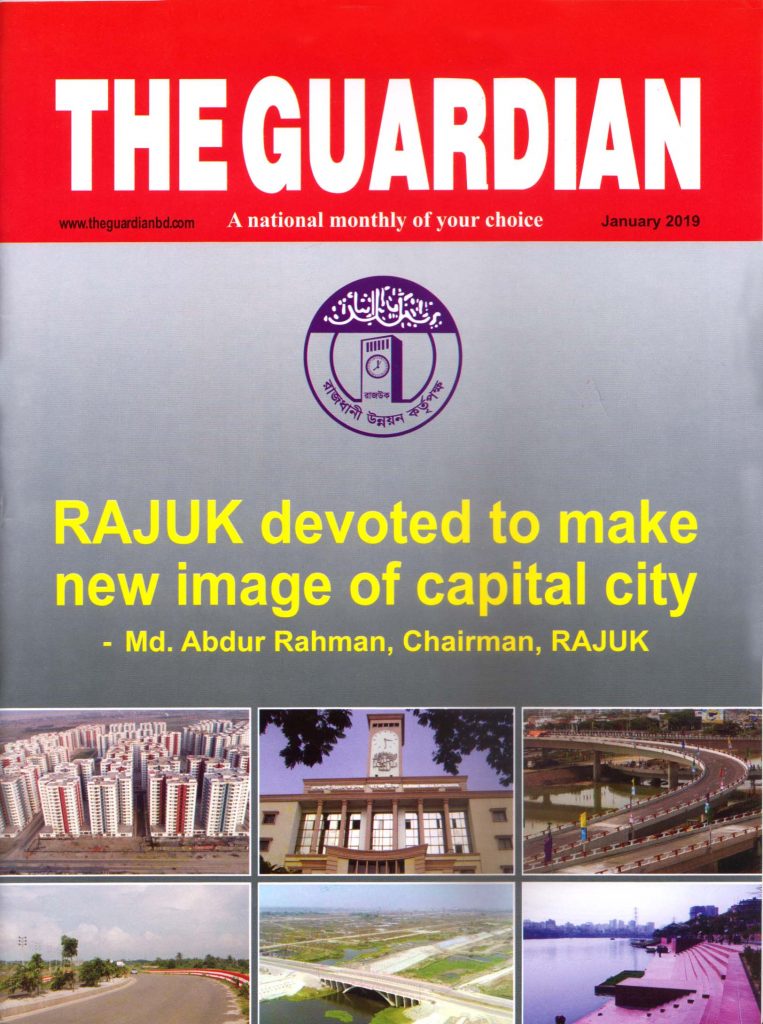These days it is not enough just to be a millionaire to count yourself as one of the super-rich – you need to be worth between $50-100m (£33m-£66m).
While $50m is the starting point for serious wealth, “in reality your spending power and investing power really gets to the next level when you get to around $100m”, says Catherine Tillotson.
Ms Tillotson is joint managing partner of Scorpio Partnership, a London-based firm which advises the super-rich on how to manage their assets, and she says there is a reason for this dividing line between the wealthy elite and the rest of us.
“This is the point at which families will start to think about employing people purely to help them manage their financial affairs,” she says.
There may now be more multi-millionaires and billionaires than ever before in the world, but since the 2008 global financial crisis the wealth gap between the world’s top 1% and the rest of us has grown.
This increasingly stark division between haves and have-nots is leading to increasing rancour towards the very wealthy, say many social commentators.
Neuroscientist to banker
Robert Kuhn is better placed than many to understand this hostility – a former investment banker and corporate strategist, he is himself among the world’s wealthy elite.
“I think much of it is justified,” he says, perhaps surprisingly, “and I think we should describe why that’s the case.”
One of the main reasons for this, he says, is the web. “We have a very highly wired world with the internet, people are more aware of things – and I think that’s a good thing.”
Mr Kuhn is coy about his own net worth. When asked if it is “tens of millions” of dollars, he replies, “I would not like to be too specific, but I wouldn’t contradict what you just said.”
Trained as a neuroscientist, Mr Kuhn became an investment banker and then in the early 1990s sold his mergers and acquisitions firm “at the right time”.
He says he worked hard, “but if I don’t acknowledge there was a lot of luck involved I would be fooling myself”.
He wants to encourage more and more people to become wealthy, but also to place limits on the amount of wealth that can be passed on to the next generation.
“That gives each generation a chance to have higher social mobility.”
Growing divisions
But given that the gap between rich and poor has reached its widest level for 30 years in most developed countries, according to says the Organisation for Economic Co-operation and Development (OECD) group of developed nations – that social mobility is getting harder for many.
In the 1980s, the richest 10% had incomes seven times greater than the poorest 10% in the average industrialised country.
Now, in those same countries, the richest have incomes nine-and-a half times greater than the poorest, on average. The actual figures vary widely across the 34 OECD’s member states.
In Denmark the top 10% earn about five times more than the bottom 10% – in Mexico they earn 30 times as much.
How much more do the top 10% earn than the bottom 10%?
- Denmark: 5.3 times more
- Norway: 6.1 times more
- Netherlands : 6.6 times more
- France: 7.4 times more
- Ireland: 7.7 times more
- UK: 9.6 times more
- Italy: 10.2 times more
- Greece: 12.6 times more
- Spain: 13.8 times more
- USA: 16.5 times more
- Chile: 26.5 times more
- Mexico: 30.5 times more
Hindering growth
Other organisations, too, are highlighting this discrepancy between rich and poor. A report this month from the charity Oxfam says the world’s wealthiest 1% will own more than 50% of the world’s wealth by 2016.
“This is something that we should be very worried about,” says Mark Pearson, the OECD’s deputy director of employment, labour and social affairs.
If countries want to boost their economic growth, then they need to take steps to narrow this wealth gap, says the OECD.
This goes against the longstanding free market argument that rising wealth at the top will trickle down to everybody else.
But, the OECD research suggest that the reverse is true. “Our finding is that by reducing income inequality, you can boost economic growth,” Mr Pearson told BBC World Service’s Business Daily programme.
An increasing wealth gap hinders economic growth because it limits investment in a country’s labour force, argues the OECD.
Poorer people cannot afford to spend as much as the rich can on their children’s education.
And that lack of investment in education means a less educated and less flexible workforce in the long run, says the group in its research.
Crisis, what crisis?
It is not just the super-rich that are doing well – those whose business is dealing with super-rich customers are profiting too.
Alex Cheatle is chief executive of Ten Group, a lifestyle concierge service that can helps its clients get that exclusive restaurant table, sell-out theatre ticket – or finds that vintage sports car in a particular colour.
Ten will even do your window-shopping for you, if you are too rich or famous to be able to do it yourself.
“Very often they will want us to take a picture of the window and get it to them, so they do their window shopping as and when they want to,” says Mr Cheatle.
“There hasn’t really been a crisis for many of our members. Business is booming for us, we’ve grown every year since 2008 – growing at an average rate of 25-30% a year.”
When you consider how much the super-rich spend, that growth is perhaps not surprising.
Over the course of a year, it’s reckoned the world’s top 1% spend a staggering $45bn (£30bn) on travel and hospitality, $40bn (£26bn) on cars, and $25bn (£16bn) each on art, jewellery and watches.
Or course, the ultimate statement of wealth is to have your own super-yacht – complete with helicopter pad, speedboat tenders and even a submarine or two.
The world’s biggest such boat is currently the Azzam, 180m (590ft) long, launched in 2013 at a reported cost of up to $600m (£400m) – and the sector has certainly weathered the global slowdown better than many others.
Taxing the rich
So with the wealth gap rising should the rich pay more tax, and if so would that help?
Robert Kuhn – now business and financial commentator – argues that countries that decide to increase taxes on the rich may not see any benefit.
He believes increasing income taxes to too high a level would “inhibit the creation of new wealth which is detrimental to society”.
“I’m just worried about the behaviour and implications if you put too high a tax rate, what that will do to current generations in their energy and focus to create new wealth,” says Mr Kuhn.
At Scipio Partnership, Catherine Tillotson says that focussing on tax misses out the contributions made by many rich patrons to philanthropic and charitable causes.
“The tax question is hugely complicated,” she says.
“Most families that I’ve met will say that it is absolutely critical to them that they pay the right amount of tax according to the rules.”
However, “in many ways those dollars spent on philanthropic passions may be doing more good than they would have done in the tax system”, she says.
Rising opposition
Yet ever since the financial crisis of 2008, and subsequent global economic slowdown, politicians have come under increasing pressure to increase tax contributions from the richest in their societies.
Protest movements such as Occupy Wall Street, which started in 2011 and has since spread to many other countries, have highlighted concern over social and economic inequality worldwide.
For his part, Robert Kuhn is not convinced that a widening wealth gap matters in economic terms, but “it matters in social stability for sure”, he agrees.
“It matters in terms of social mobility of subsequent generations.”
“To me that’s the biggest problem, for any country,” he says. “And many countries are facing that.”










